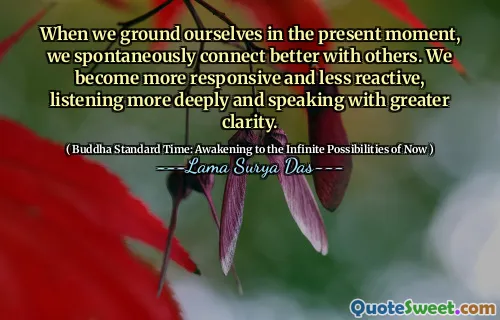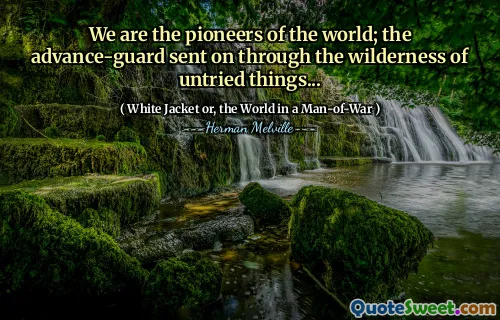{...} the woman we love ought to swim as slowly as we do, she ought to have no past of her own to look back on happily. But when the illusion of absolute identity vanishes {the girl looks back happily on her past or swims faster}, love becomes a permanent source of the great torment we call litost.
The excerpt from Milan Kundera's "The Book of Laughter and Forgetting" explores the complex nature of love and identity. The speaker suggests that in love, ideally, a partner should be deeply intertwined with our own experiences, swimming at the same pace in life, and lacking any past that could create distance or disconnection. This notion reflects an idealized view of romantic connection, where both individuals are seen as equally engaged in their relationship.
However, Kundera introduces a poignant reality: when one partner possesses a past or moves through life independently, it disrupts the illusion of complete unity. This awakening can lead to feelings of 'litost,' a term representing deep emotional torment due to envy or regret. Thus, the passage meditates on the tensions between love, identity, and the inevitable complexities that arise when partners have distinct histories and experiences that shape their relationship.

